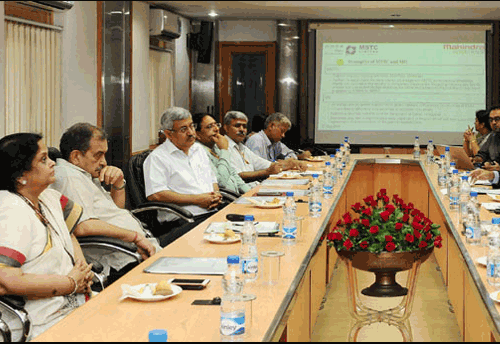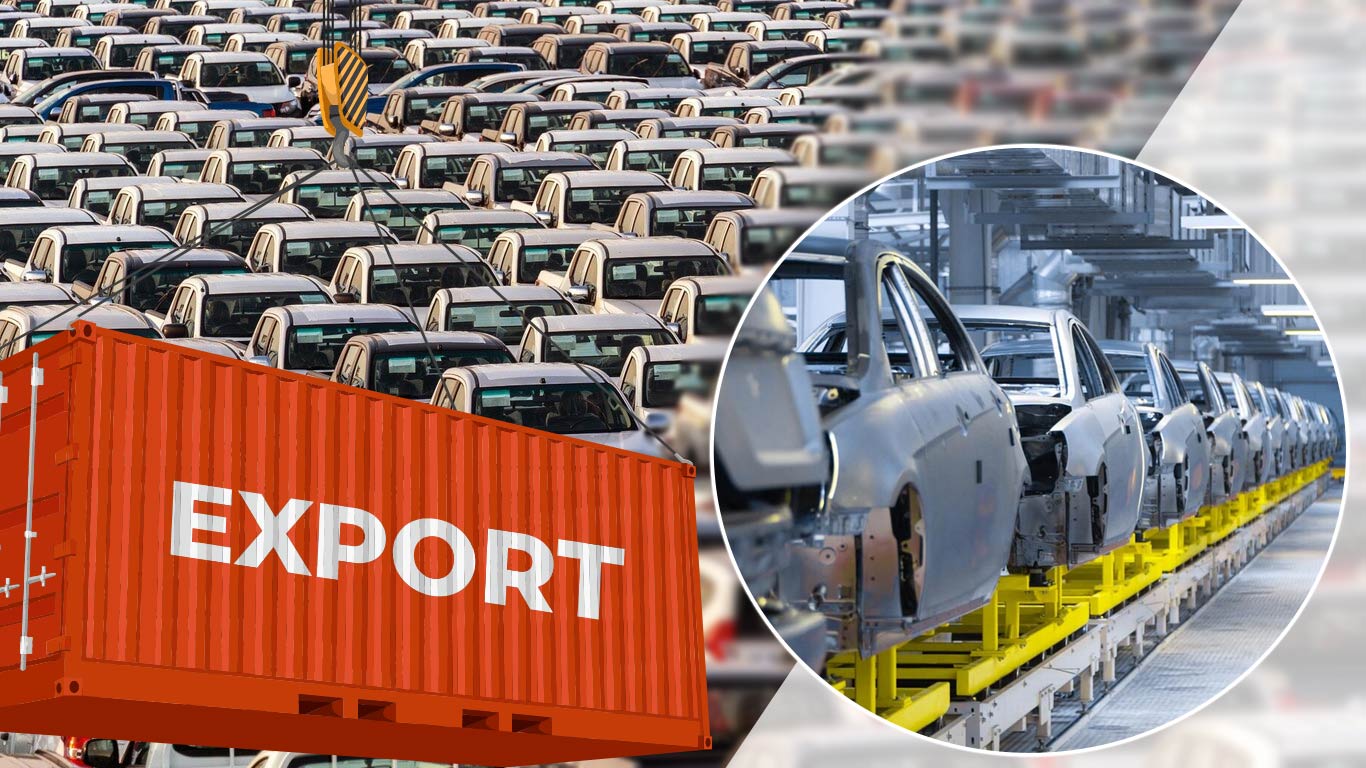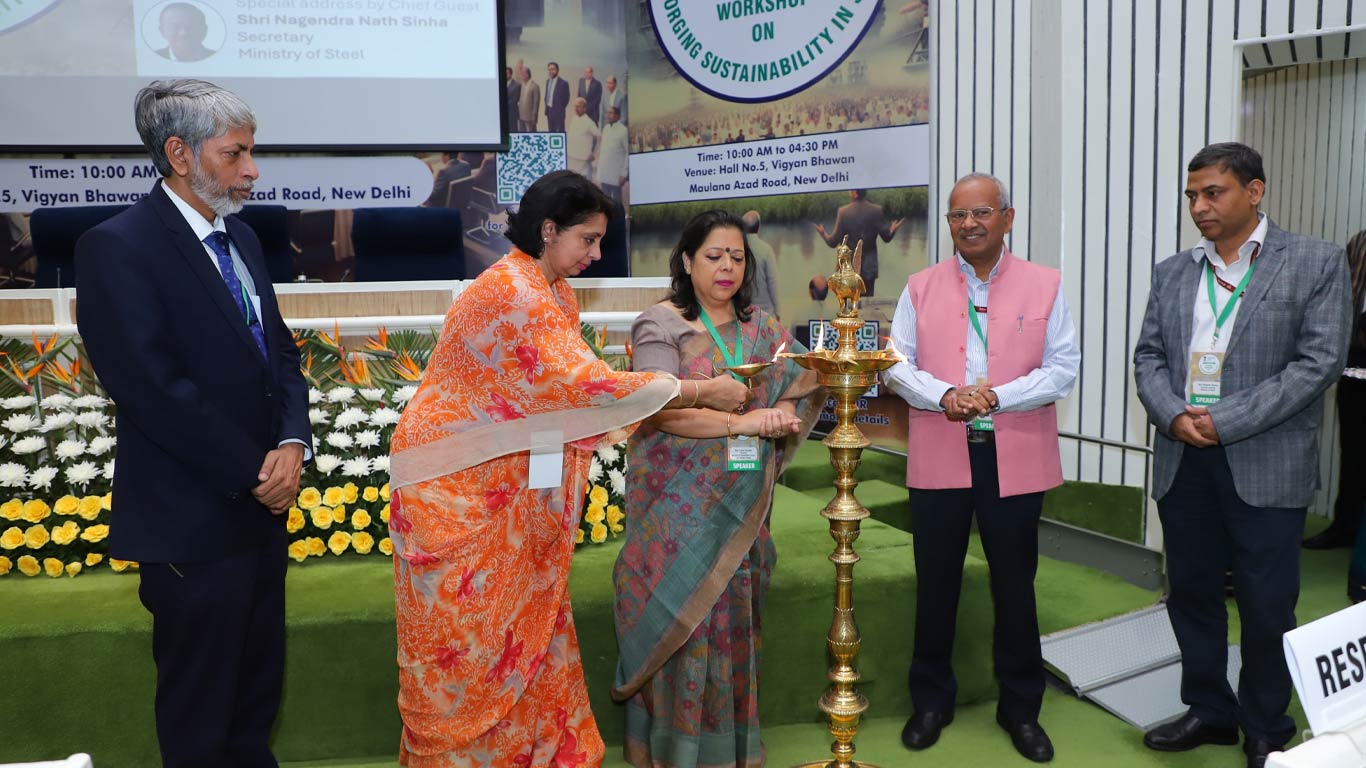India has built strong secondary sector mfg capabilities, with over 50% of steel production in MSMEs: Steel Min
Updated: Aug 10, 2016 06:43:36am

India has built strong secondary sector mfg capabilities, with over 50% of steel production in MSMEs: Steel Min
New Delhi, Aug 10 (KNN) The Parliamentary Consultative Committee attached to the Ministry of Steel reviewed the functioning of Steel Ministry and the Roadmap for the Steel Sector in a meeting.
The Union Steel Minister Chaudhary Birender Singh said that though steel is a happening sector, it is going through a challenging phase.
He said, a joint venture agreement for India’s first auto-shredding plant was signed between MSTC Limited and Mahindra Intertrade Limited on Monday only.
This will be a revolutionary step in sustainable development as it aims to recycle waste in a cost-effective manner by preserving the inherent value.
“This can pave the way for establishing small steel plants near the consuming regions of the country, as raw material will be provided by such shredding plants, which can be aggregated into recycling clusters or zones,” he added.
Another recent development is the extension of Minimum Import Price on 66 steel products for a period of two months.
“Before recommending this decision, we met various stakeholders and sought their feedback. Two main concerns which they put forward were inverted duty structure and freight charges. We are examining these points and would welcome your ideas and suggestions,” Singh said.
Singh said, “I have also noticed that Indian steel industry needs to give more emphasis on Research and Development. Our government had set up Steel Research and Technology Mission of India and we want to make R&D the prime focus area for the future roadmap of steel industry. We can use R&D for import substitution, new product development and technology upgradation.”
He also said that the Government is taking measures from time to time to provide a conducive environment for growth of steel industry in India through protection from dumping, poor quality imports and unfair trade practices.
However, the steel industry needs to further improve its productivity and cost-competitiveness. In long term, that is going to provide a stable growth, Chaudhary Birender Singh added.
Talking about the Roadmap for Steel Industry in India, the Committee said steel is one of the most important products of the modern world and is of strategic importance to any industrial nation having a wide range of applications in various industries such as construction, infrastructure, automobile, pipes & tubes, capital goods and many others.
Uniquely amongst steel manufacturing countries, India has developed strong secondary sector manufacturing capabilities, with over 50% of steel production in the Medium, Small & Micro Enterprise (MSME) Sector.
India enjoys several significant comparative advantages in steel production in terms of availability of large reserves of high grade iron-ore, competitive labour costs and a large domestic market.
While steel prices continued to remain high over the years following 2004, post 2011, prices began to decline, marking the beginning of a down turn in the global steel industry. This was triggered by a slowdown in global demand and excess capacities in countries like China.
The government, realizing the need for supporting the steel industry, has implemented certain measures like increasing the customs duty by 5% notifying Safeguard Duty of 20% on HR Coils and Anti Dumping Duty on HR plates, imposing MIP, etc.
The Members of Parliament came out with various suggestions and the Union Minister assured to look into their suggestions.
The Minister of State for Steel Vishnu Deo Sai, the Secretary Steel, Aruna Sharma, Special Secretary, Steel Bharathi S. Sihag, the Chairman cum Managing Directors of PSUs and senior officials of Ministry of Steel also attended the meeting.











